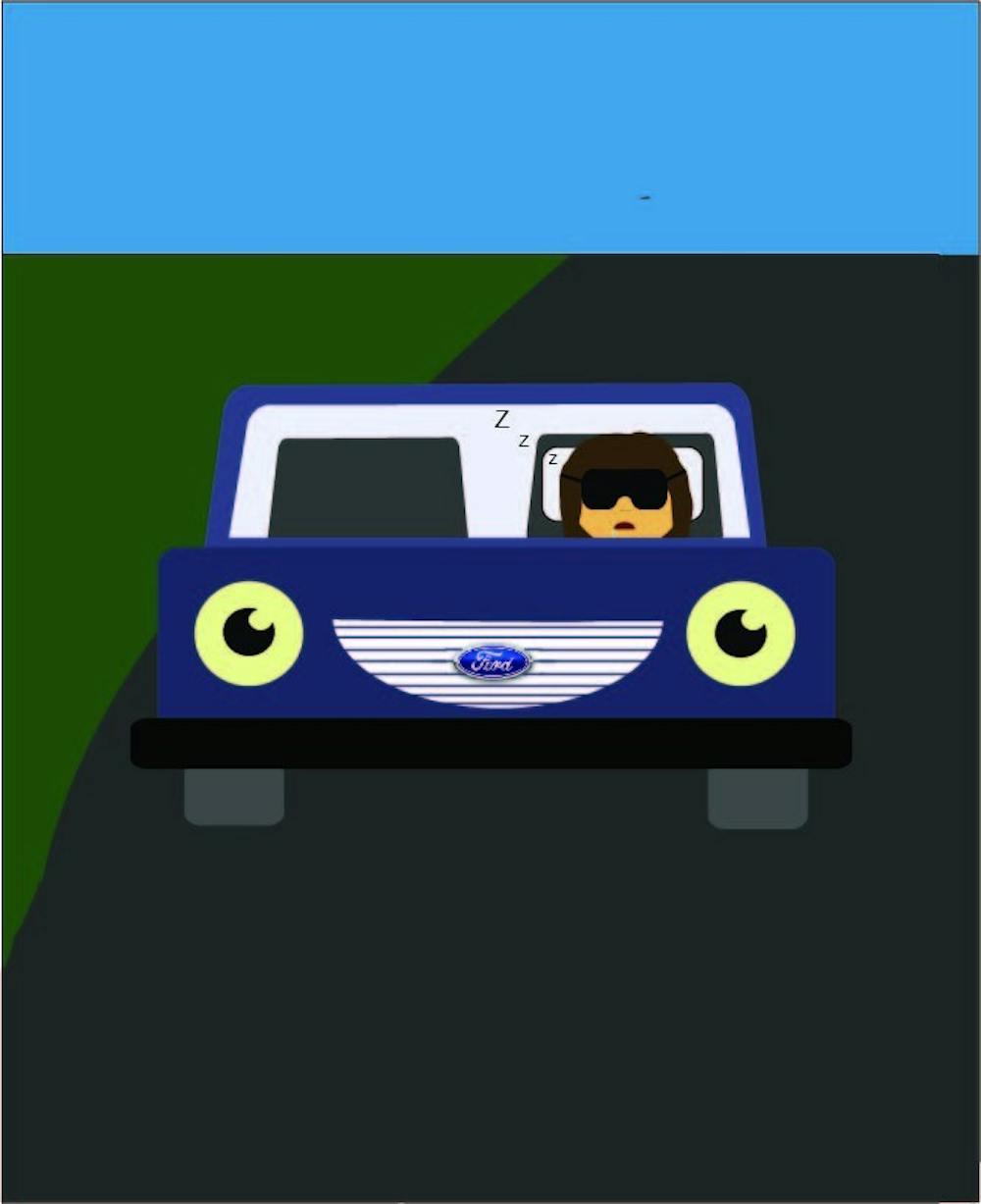The age of machine is approaching faster than ever before, and we don’t know how to feel about it.
This past week, Ford claimed it will be mass producing self-driving cars by 2021. These cars will not be equipped with a gas pedal, a brake or a steering wheel, relying solely on computer navigation to get us to our destinations.
The benefits of this exciting innovation are clear: easier urban transportation, a lower risk of distracted driving and all around ease of use for the average consumer.
No more forcing ourselves to stay awake on cross-country road trips. Businesses could have far more advanced, precise and expedited shipping schedules.
Life could be blissfully easy.
This bold promise by a top automotive company does, however, raise several questions.
Firstly, will the safe, reliable technology requisite for a mass-produced, self-driving car be available by Ford’s deceptively-close 2021 target?
In June, a Tesla Model S, in self-driving mode, failed to apply its breaks when a car took a left turn in front of it. The resulting crash killed the Tesla’s passenger.
Even today, the apparent industry leader in self-driving technology has not been able to develop its technology to be completely safe for widespread use.
Additionally, the federal government’s current regulations on these cutting edge vehicles is nowhere near comprehensive. If Ford completely removes the ability for the driver to take control, as is planned, the computer software will have to be able to make split-second decisions that could be the difference between life and death. The government will have to closely regulate that decision-making capability.
The second question we should ask ourselves is whether or not we want to lose the driving experience. For many, driving is therapeutic, a way to rid the mind of the complications of daily life.
If this technology becomes so sophisticated to the point that a computer can drive better than we can, we may eventually be completely deprived of an experience many of us treasure but take for granted.
In addition to taking an enjoyable experience away from individuals, self-driving cars could leave a staggering number of Americans without a job. Between Uber, taxi cabs, public transportation and delivery services, over 3.4 million people find themselves at work behind the wheel. If we eventually phase out human involvement in driving, we will be removing millions of dollars of salaries.
While innovation should not be stifled simply for job security or leisure, we shouldn’t allow questionable technology to replace so many workers before we can ensure consumers’ safety is not at risk.
At the end of the day, we feel that self-driving cars are currently a mixed bag. The technology is promising, but Ford’s claim to offer a completely automated driving experience by 2021 seems rushed.
Phasing out the human element of driving is most likely inevitable, if far down the road (no pun intended). Computers will eventually be able to operate vehicles much better than any fallible human being. The day will probably come when human operation of a vehicle is outlawed for these very safety concerns.
But companies like Ford and Tesla need to understand that we aren’t there quite yet.




